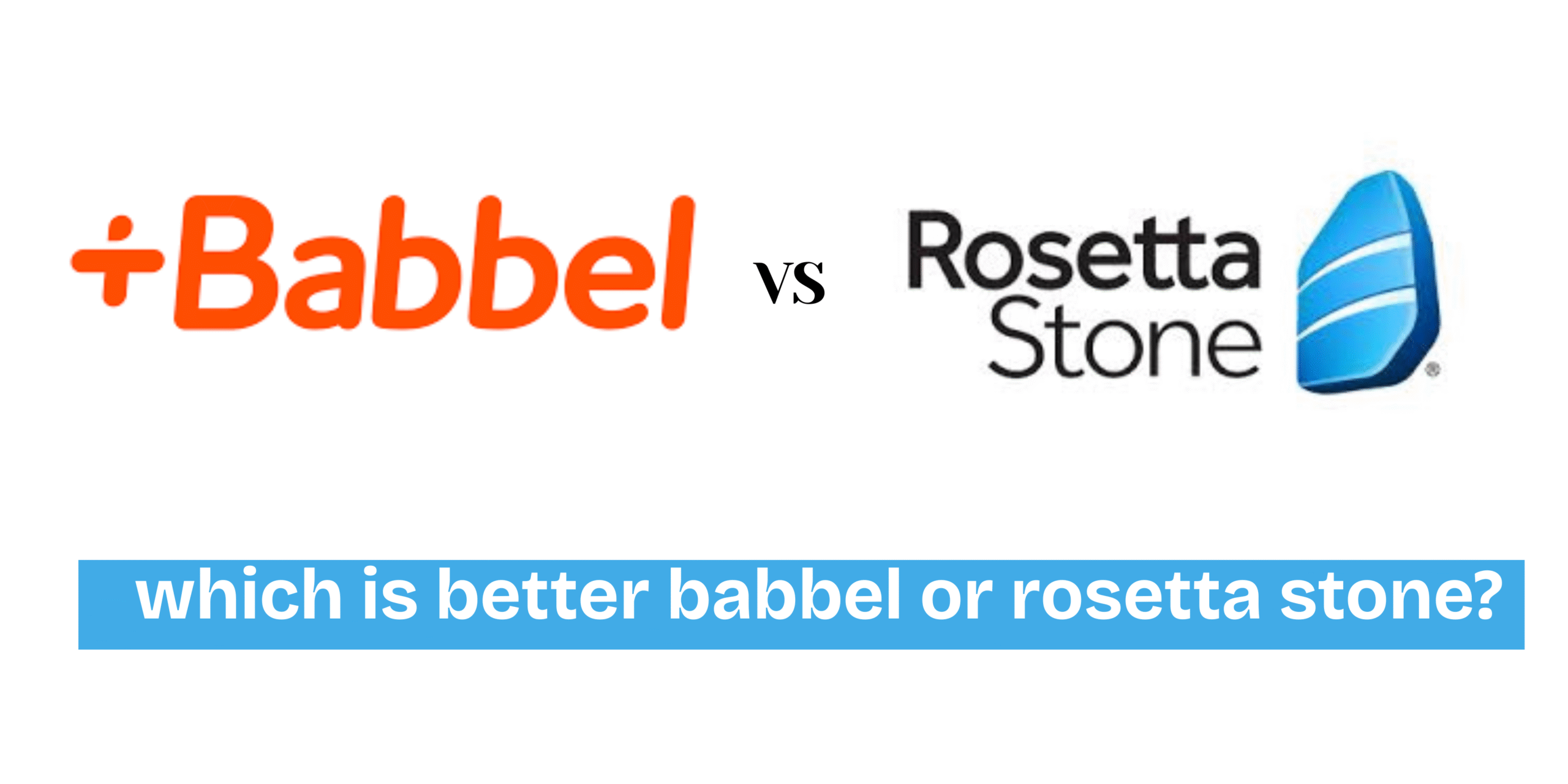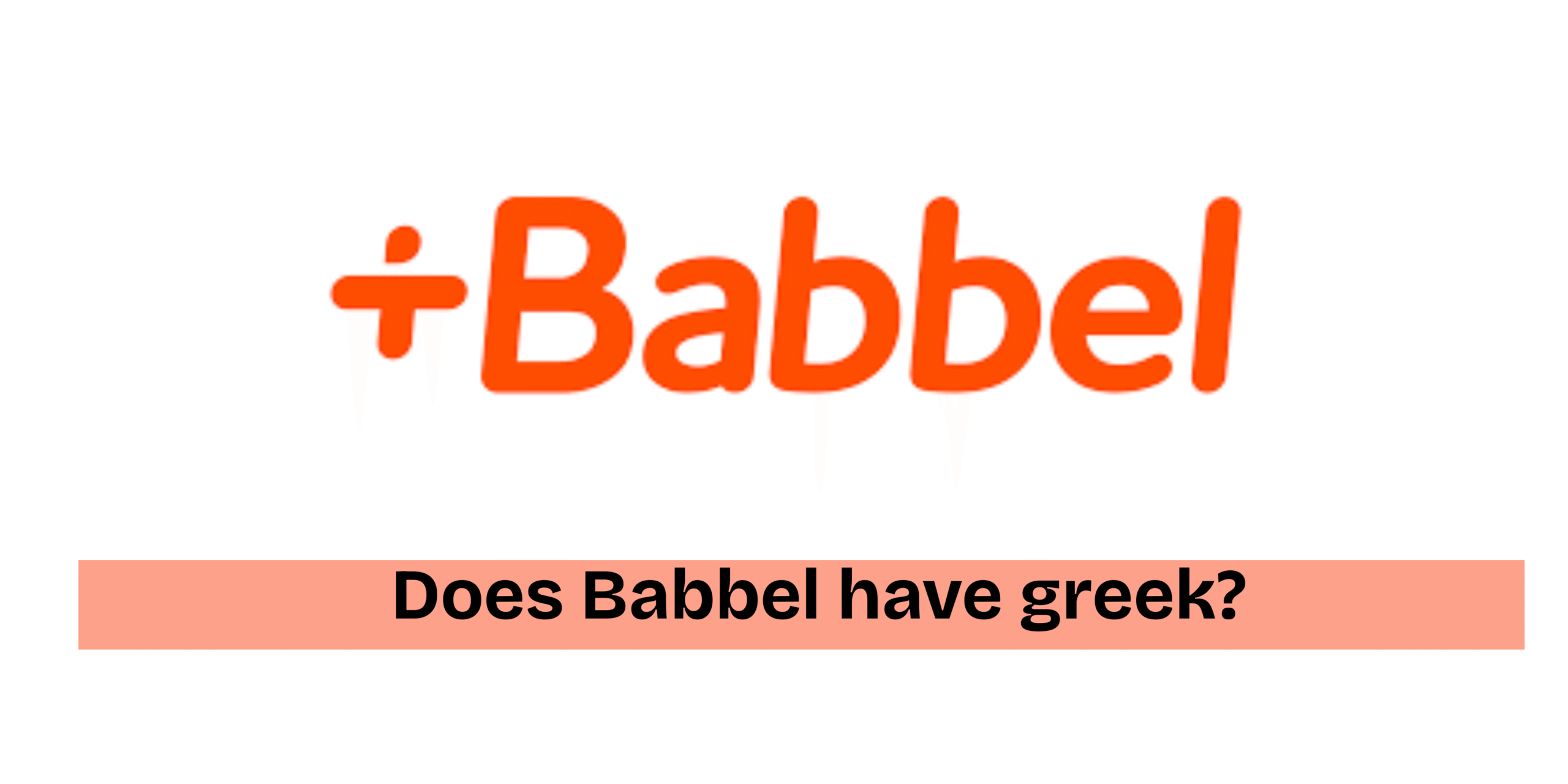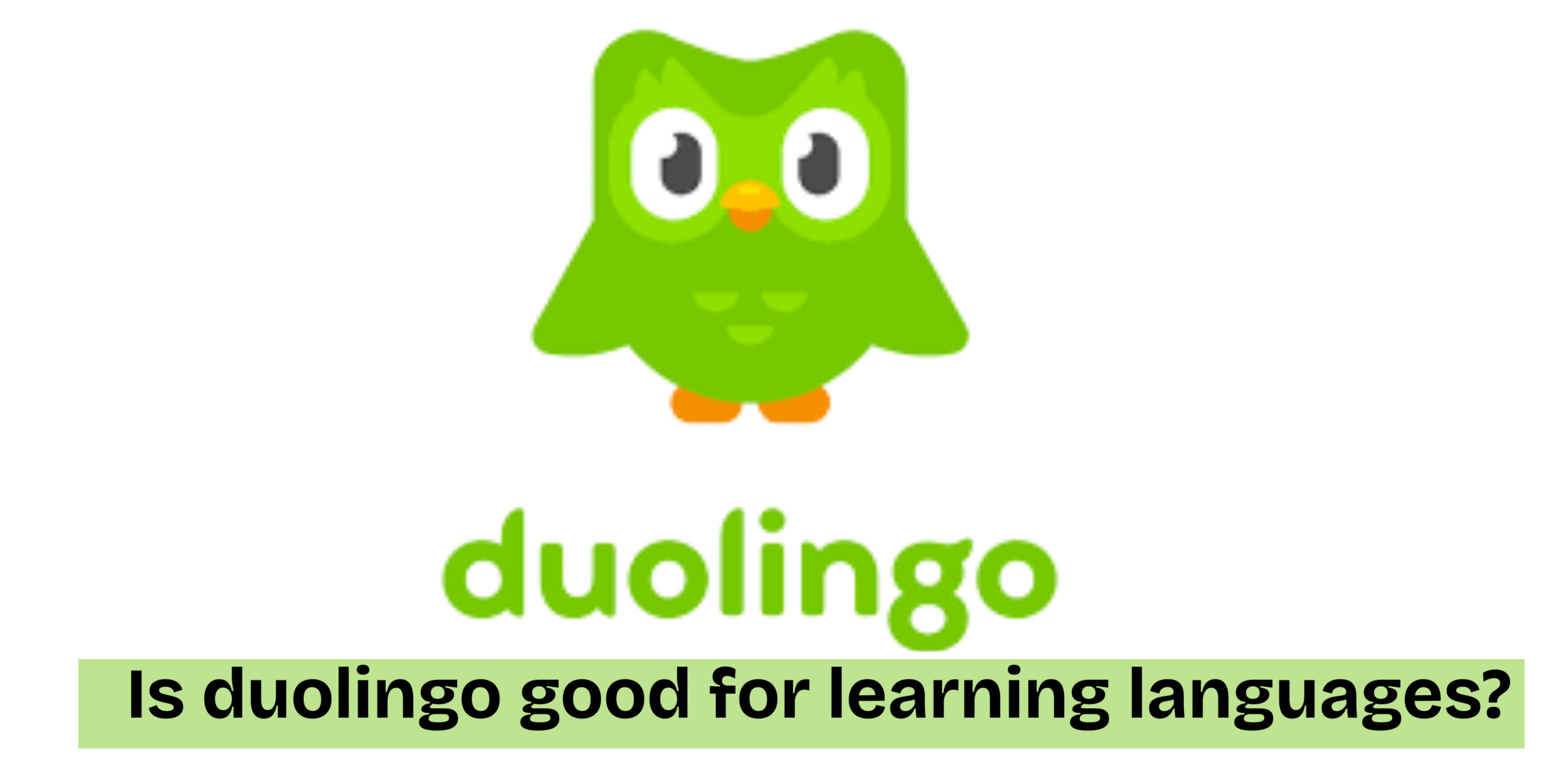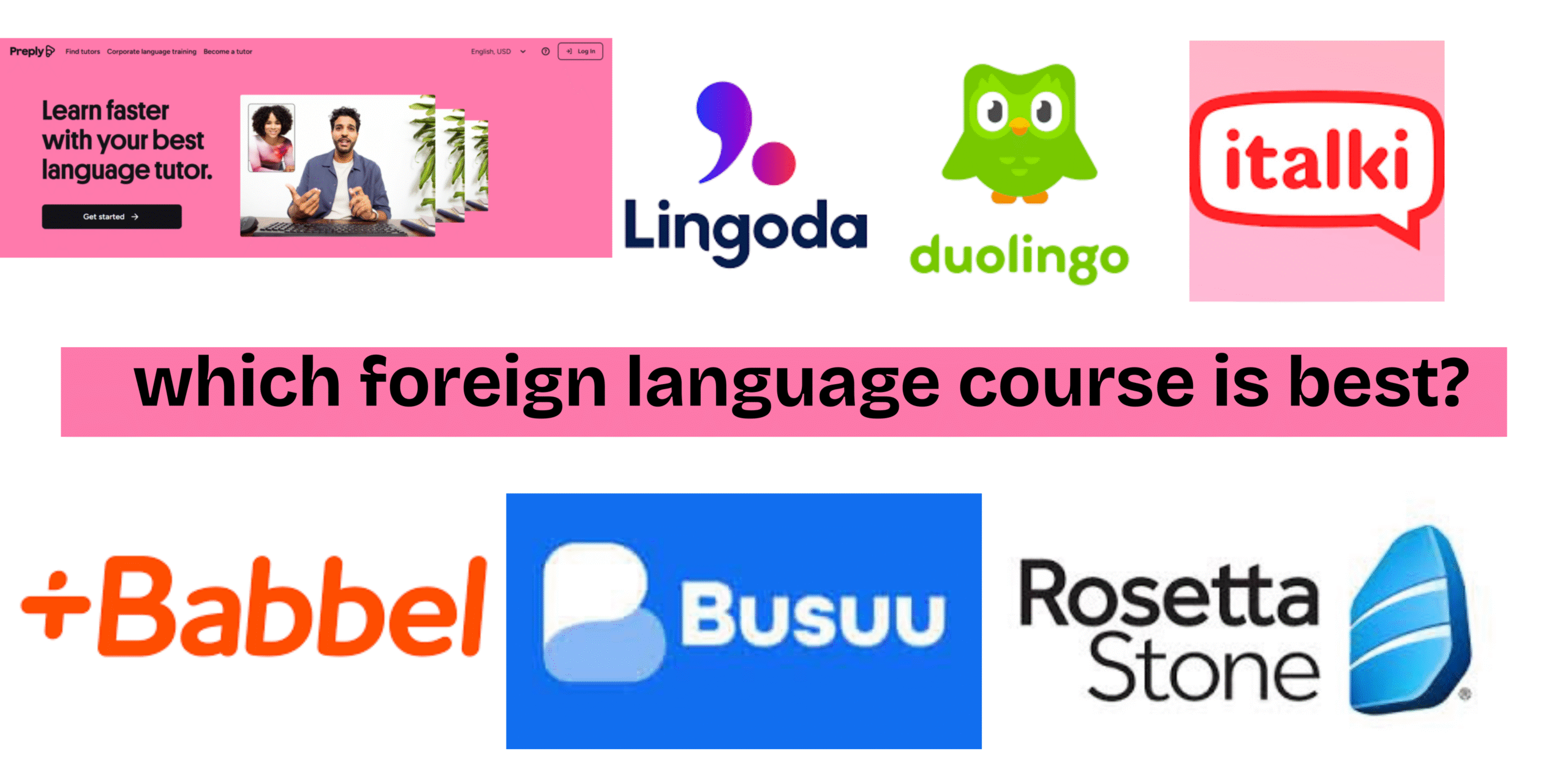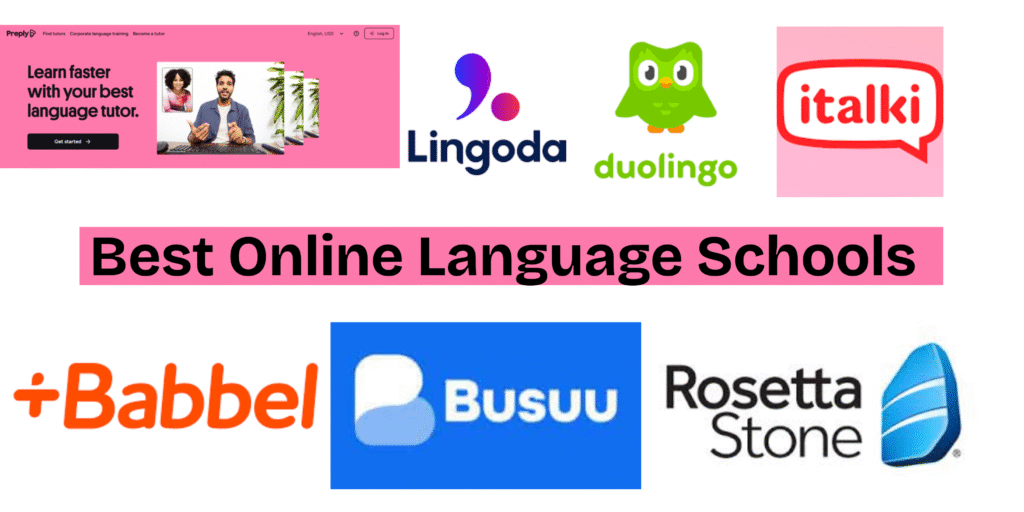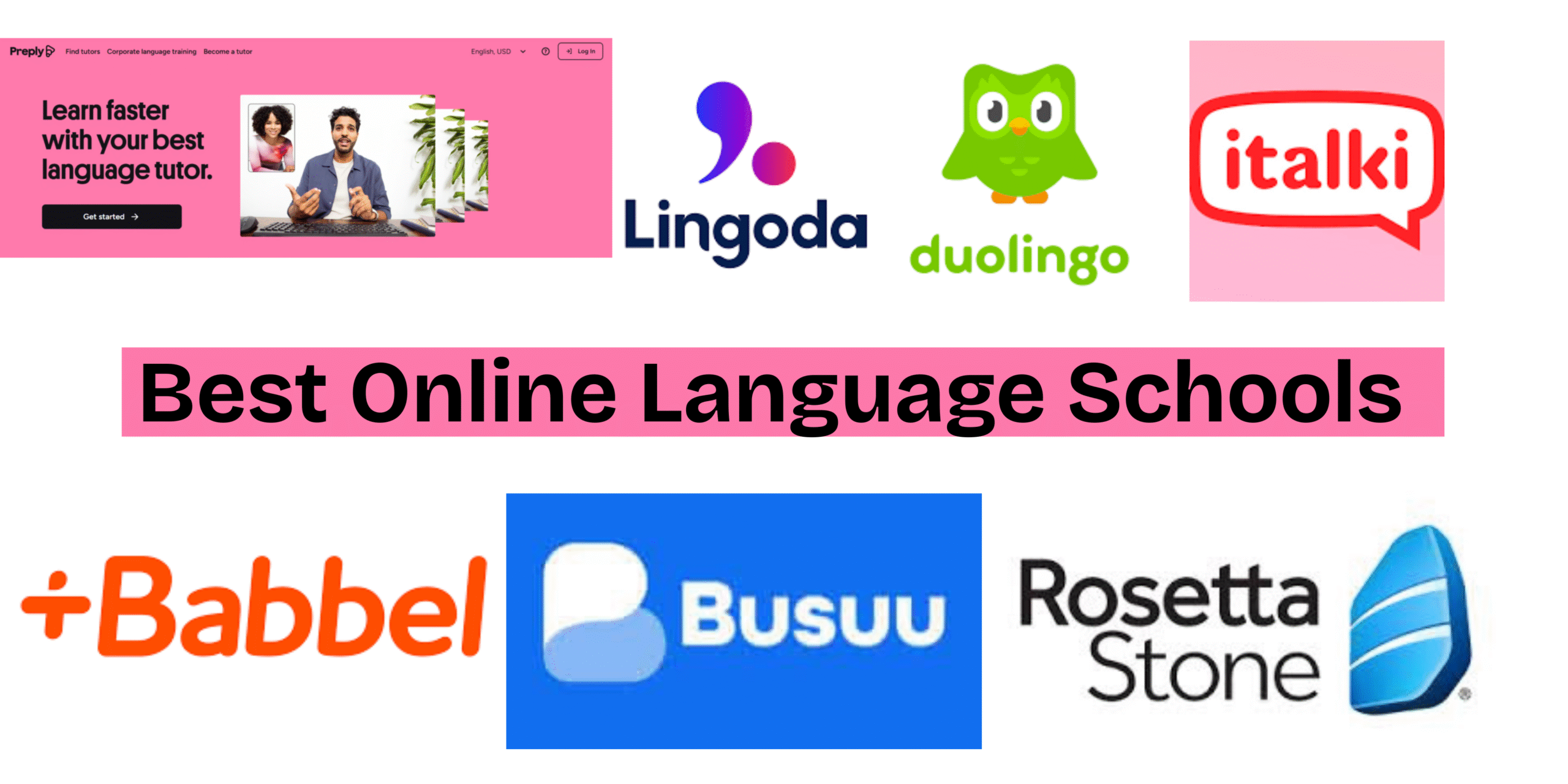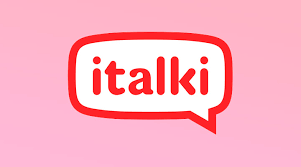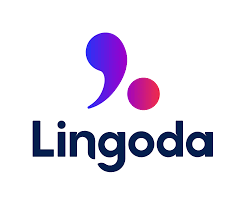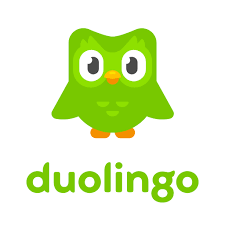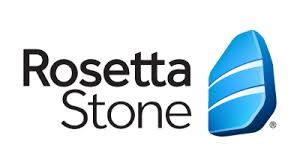When it comes to learning a new language, you have plenty of options. Two of the most well-known and widely used language learning apps are Babbel and Rosetta Stone. But which is better Babbel or Rosetta Stone? In this post, we’ll compare these two popular language learning programs to help you make an informed choice. From their lessons to their learning resources, we’ll cover everything you need to know to decide which one is the best fit for your language-learning needs.
Babbel vs. Rosetta Stone: Overview
Both Babbel and Rosetta Stone are highly regarded language apps, but they each have different features that may appeal to different types of learners.
Rosetta Stone, on the other hand, has been around for decades and is well-known for its immersion-based approach. The app teaches languages by focusing on images and sounds, allowing learners to pick up new words and grammar intuitively. It’s a great option if you want to learn a language as if you were a native speaker.

Babbel, however, offers a more traditional approach to learning a language. It focuses on grammar, vocabulary, and conversational skills right from the start. It’s designed to give learners practical knowledge they can apply immediately.

Which is Better: Babbel or Rosetta Stone?
When deciding whether Rosetta Stone or Babbel is the better choice for you, it’s essential to look at various factors such as lesson structure, pricing, ease of use, and overall effectiveness. Let’s break it down.
1. Lesson Structure: Stone vs. Babbel
One key difference between Babbel and Rosetta Stone is their lesson structure. Rosetta Stone uses an immersive approach where you’re surrounded by images and sounds in your target language. The goal is to help you learn in a way that’s similar to how you learned your first language. There’s no translation, and the lessons are built around the language’s natural structure.
Babbel, on the other hand, uses a more structured approach. Each lesson starts with vocabulary, then moves on to grammar, and finally ends with conversational practice. It’s more step-by-step compared to Rosetta Stone’s lesson style. For some learners, this approach makes it easier to understand the grammar and vocabulary, especially for beginners.
2. Languages Offered: Babbel vs. Rosetta Stone
Both platforms offer a variety of languages, but the selection differs slightly. Rosetta Stone offers a broader range of languages, including some less common ones like Filipino and Swahili. If you’re looking to learn a language that is not widely spoken, Rosetta Stone may be your best option.
However, Babbel offers the most popular European languages, including Spanish, French, Italian, German, and more. If your focus is on widely spoken languages, Babbel is an excellent choice.
3. Pricing: Babbel vs. Rosetta Stone
Price can be a significant deciding factor when comparing Babbel vs. Rosetta Stone. Both apps offer subscription-based models, but Babbel’s pricing is generally more affordable. A monthly Babbel subscription costs around $12.95, and discounts are available for longer plans. Babbel also offers a 20-day money-back guarantee.
Rosetta Stone, on the other hand, is more expensive. Its plans start at $11.99 per month, but the best value is found in the lifetime subscription, which costs around $199. This might seem like a steep investment, but it’s a one-time payment, and you get access to all the languages forever.
4. Ease of Use: Which Is Better for You?
Both Babbel and Rosetta Stone are user-friendly, but they have different strengths. Babbel’s interface is simple and clean, with clearly organized lessons that are easy to navigate. It’s also ideal for learners who like a more structured approach, as it progresses logically from one lesson to the next.
Rosetta Stone’s interface, on the other hand, relies heavily on immersion. It’s great for people who prefer a more visual, intuitive approach to language learning. However, it might take some time to get used to, especially if you’re not familiar with the immersive method.
5. Learning Style: Personal Preference Matters
Your learning style plays a huge role in determining which is better: Babbel or Rosetta Stone. Rosetta Stone’s immersive method works best for people who like to learn by seeing and hearing words in context. If you’re someone who enjoys learning by immersion, Rosetta Stone on the other hand might be a better fit for you.
Babbel, with its more structured lessons, is perfect for people who prefer a more traditional approach to learning. If you like learning grammar and vocabulary first before diving into conversations, Babbel’s review will show you why its method is great for you.
6. Voice Recognition: Babbel vs. Rosetta Stone
One standout feature of Rosetta Stone is its voice recognition technology. It helps learners improve their pronunciation by providing real-time feedback. This feature is great for people who want to perfect their speaking skills and sound more like a native speaker.
Babbel, however, doesn’t focus as heavily on pronunciation but instead emphasizes vocabulary and grammar. It provides conversational practice but lacks the in-depth voice recognition that Rosetta Stone offers.
7. Learning Resources: Babbel and Rosetta Stone
Both apps provide great learning resources, but they differ in what they offer. Rosetta Stone is built around its immersive lessons, making it an ideal choice for learners who prefer visual and auditory learning. It also offers live tutoring sessions at an additional cost.
Babbel, on the other hand, includes interactive exercises, grammar explanations, and review lessons that help reinforce what you’ve learned. It’s great for learners who want a more structured, comprehensive approach.
Final Thoughts: Which is Better, Babbel or Rosetta Stone?
Ultimately, the decision of which is better—Babbel or Rosetta Stone—comes down to personal preference and learning style. If you want a more traditional approach to learning a language with a strong focus on grammar and vocabulary, Babbel’s language learning program is the better choice. It’s more affordable, and its structured lessons make it easy for you to learn at your own pace.
On the other hand, if you prefer an immersive learning experience with more visual and auditory elements, Rosetta Stone offers a more intuitive approach. With its voice recognition technology and extensive language options, Rosetta Stone may be the right fit for those looking for a deeper language immersion experience.
Whether you choose Babbel or Rosetta Stone, both platforms are excellent tools for learning a language. So, take the time to explore the lessons, pricing, and features of both and start with Babbel or Rosetta Stone based on what suits your learning style best. Happy learning!
